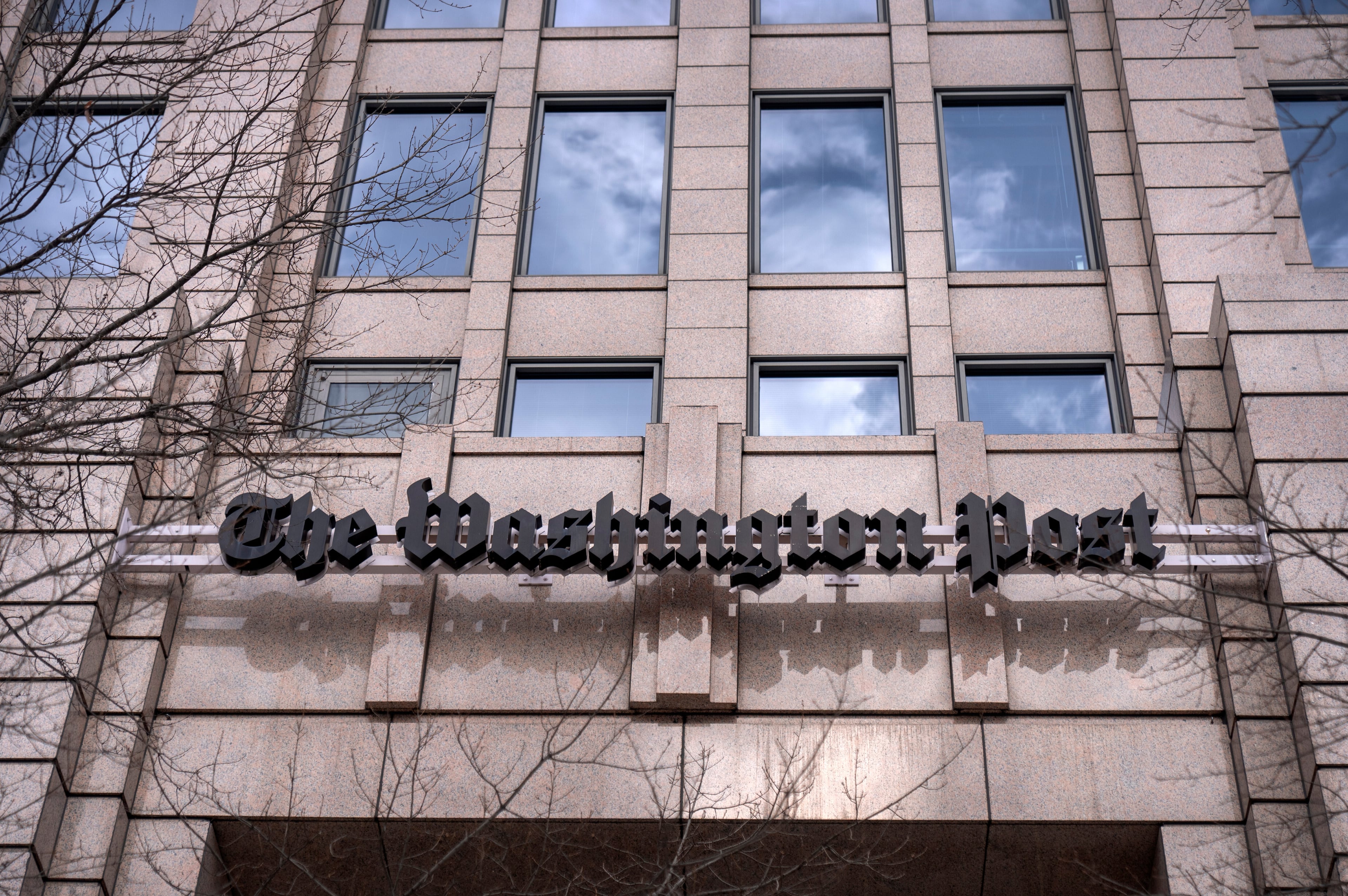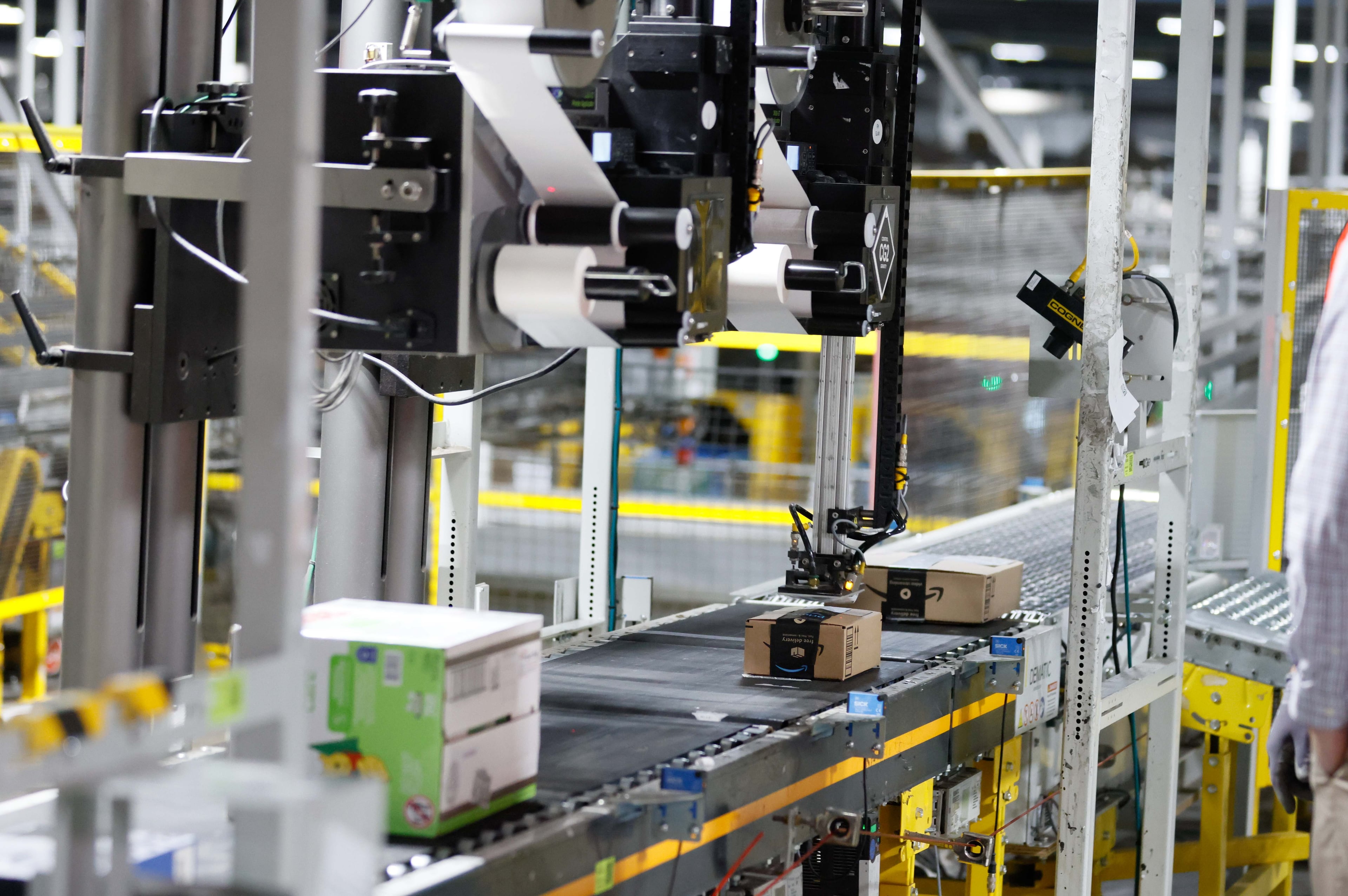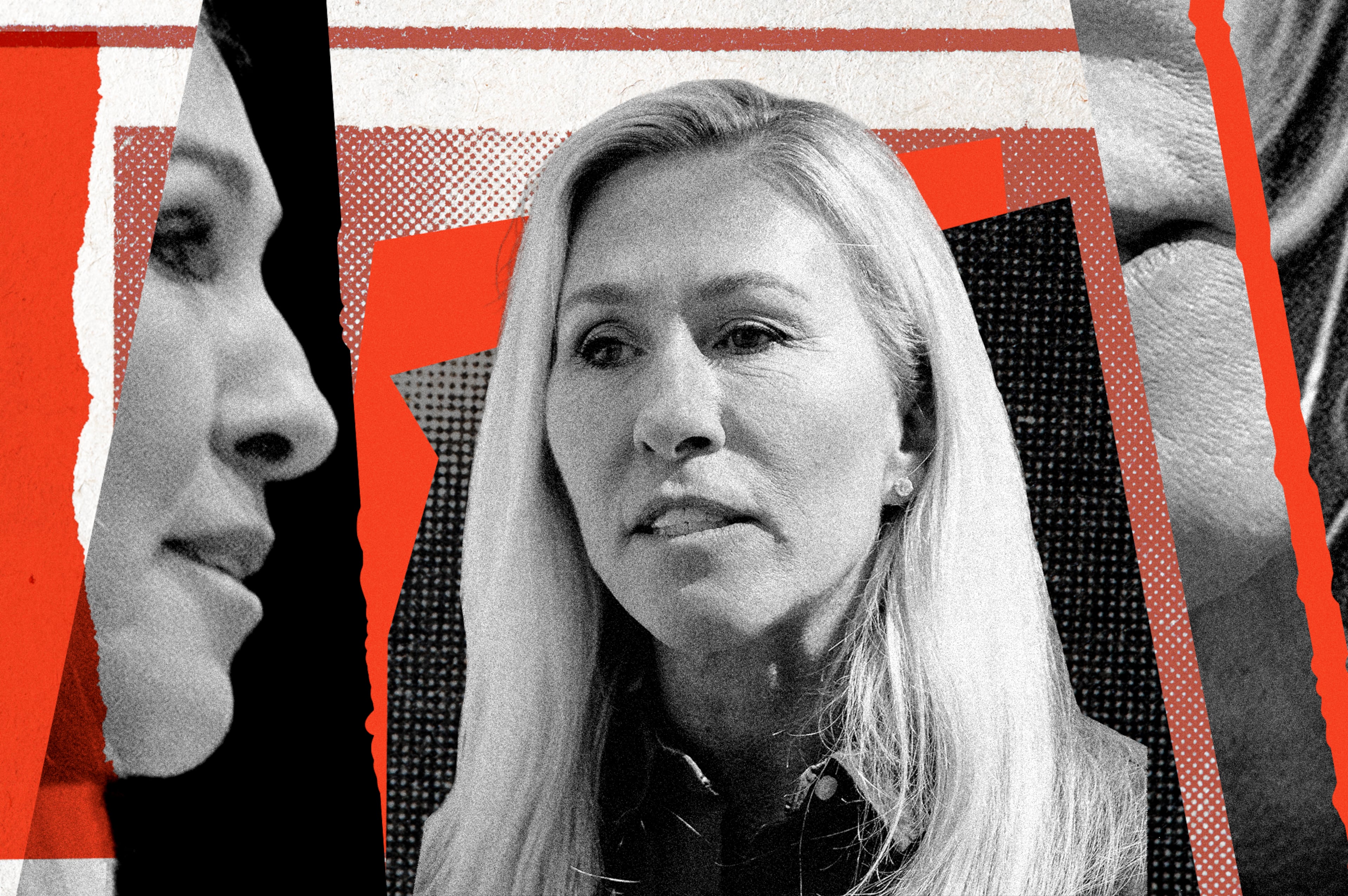Hyundai’s Metaplant is in Georgia. Here’s why it’s buying Texas solar

When Hyundai Motor Group announced two years ago it would build a massive new electric vehicle “Metaplant” near the Georgia coast, the company committed to operate using 100% renewable energy from the start of mass production, expected later this year.
On Earth Day this year, Hyundai and key suppliers announced a huge power purchasing agreement, saying it would buy enough solar power to “support sustainable manufacturing” at the Metaplant and other U.S. factories.
But aside for a few solar panels on its Bryan County carpark, none of that renewable energy is being produced — or used — in Georgia.

Instead, Hyundai has a “virtual” power purchase agreement to buy 70% of the output from a new solar array in Bell County, Texas, and resell it on the local Texas market for points known as “renewable energy credits.” The company uses these credits to lower its calculated emissions.
Meanwhile, the Bryan County Metaplant will continue buying electricity from Georgia Power, which counts renewables as only about 7% of its energy mix. Recently, the utility won state regulators’ approval to build more fossil fuel-powered generators along with extra battery capacity to store electricity.
Advocates say such virtual power purchase agreements are common and result from a lack of competition in the Southeast energy market, where vertically-integrated regulated monopolies like Georgia Power wield more influence than they do in other parts of the country.
If a Georgia Power customer wants to buy more renewable power than the utility can provide, or the customer wants more control over the generation, they can’t contract with an independent developer in Georgia. Instead, many companies go to other wholesale markets where they can buy electricity they will never use in exchange for credits they can apply to their carbon footprint.

“That’s a sign that the utility isn’t meeting the customers’ needs with cost-effective, clean energy, and so they’re having to go elsewhere,” said Katie Southworth of the Clean Energy Buyers Association, which represents some 400 companies including tech giants like Google as well as retailers like Walmart. “The Southeast is just behind.”
In a statement, Hyundai Motor Group Metaplant America called Georgia Power a “trusted energy partner.”
“We have a multi-pronged approach to using clean energy and to meet our goal of attaining [100% renewable energy] by start of production in the fourth quarter of 2024,” the automaker said in a statement. The virtual power purchase agreement will be “supplementing” the company’s plan through renewable energy credits, it said.
Georgia Power has been criticized by consumer and environmental advocates, local governments and the Department of Defense for not expanding solar more aggressively or adopting incentives for customers to install their own.
In its own statement, Georgia Power said companies are coming to Georgia in part because of the access to clean, reliable energy it provides.
“Even as Georgia Power makes available significant amounts of renewable resources for customer subscriptions, large customer demand for renewable energy can outpace supply, and customers may choose to procure [credits] from other sources to help meet their renewable/carbon goals on their specific timeline,” it said.
Pending changes to the regulation that governs how energy is produced, bought and sold in the South could dramatically shift the incentives for such virtual power purchase agreements.
Last year, a D.C. circuit court ruled that the existing Southeast Energy Market (SEEM) discriminated against independent power providers and ordered the Federal Energy Regulatory Commission (FERC) to fix it. FERC filed a motion to extend its deadline on Thursday, when its first extension expired.
A spokesperson for FERC said the agency does not comment on court proceedings.
In a coordinated wholesale energy market or an energy imbalance market, independent producers are guaranteed equal footing with utilities to compete on price in an automated real-time exchange. In the Southeast market, utilities are not obligated to buy from the cheapest producer.
Nick Guidi, a senior attorney with the Southern Environmental Law Center and a former advisor at FERC, said even if the agency required the changes identified by the court, the Southeast exchange would still be less competitive than the other regional markets. The SELC joined other groups in filing a motion Thursday asking the court not to allow any further delays.
“The lack of an organized wholesale market is the reason that this is in Texas, and not in Georgia, where Hyundai is,” said Guidi.
“In a corporate sense for Hyundai, it doesn’t really matter since they are responsible for clean energy getting onto the grid,” he added. “It matters for Georgia because Hyundai is increasing the demand in Georgia, Georgia Power is reacting to that with building a bunch of new gas plants, and so there’s just more fossil fuels being burnt in Georgia that otherwise wouldn’t be there.”
Georgia Power recently won approval to add more fossil-fuel generation to meet a large increase in energy demand. Georgia Power has said some 80% of the new demand is coming from energy-hungry data centers, but the company also identified new manufacturing in Georgia as a reason why it needs more natural gas-powered generation for reliability.
Burning fossil fuels contributes to planet-warming greenhouse gases and pollution that is harmful to human health. The U.S. Environmental Protection Agency recently issued new rules imposing stricter standards on power plants that use them.
In addition to potential changes to the market regulation in the Southeast, Georgia Power has also agreed to propose a new program that would allow commercial and industrial customers more freedom in setting up renewable energy solutions.
Southworth said that would be progress, but it’s not enough to decarbonize the grid.
“We need market reform in the Southeast,” said Southworth. “We have really got to consider how to make our electricity system more reliable, open up competition so that customers can be part of the solution ... and not just big industrial commercial customers — all customers.”
In a statement, the parent company of Georgia Power, Southern Company, said the Southeast market is designed to facilitate renewable energy transactions “without the burdens and cost implications” that other wholesale market designs bring.
A note of disclosure
This coverage is supported by a partnership with Green South Foundation and Journalism Funding Partners. You can learn more and support our climate reporting by donating at ajc.com/donate/climate/




